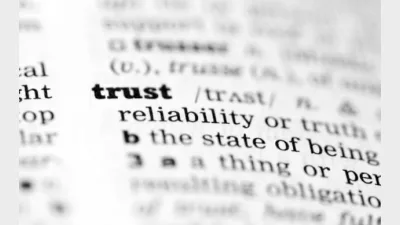Aussies sceptical of RBA's ability to ease financial pressure


Australia is living in an “alien era of austerity”, according to a consumer study, with almost half uncertain whether the RBA will be able to ease cost of living pressures next year.
Canstar’s sixth annual Consumer Pulse Report found that 44% of Australians had a vote of no confidence that inflation and cost of living would ease in the new year. Just 9% had a high degree of confidence while 19% were somewhat confident.
Women remained more wary (51%) than men, the national survey noted.
As costs continued to rise, paying for groceries, rent, gas and electricity, interest rates, and petrol were the top concerns.
Steve Mickenbecker, Canstar’s group executive, financial services, said: “Most Australians have come to realise that the days of ballooning wealth from rising property prices and rampant discretionary spending, both courtesy of low interest rates and inflation, are behind them for now. We are living in an alien era of austerity that was owned by prior generations.”
With seven consecutive interest rate hikes this year, rising mortgage rates was in the top five financial concerns in the national survey for the first time since 2019.
“The most startling find when it came to mortgage holders coping with higher interest rates is worryingly almost one in two – 48% - of homeowners with a mortgage and 37% of investors with a loan are unsure how much their mortgage interest rate has risen since the Reserve Bank started aggressively lifting interest rates in 2022,” Mickenbecker said.
On a positive note, the survey found that the average amount of debt among Australians, outside of a mortgage, had dropped to $13,312 this year from $46,020 in 2021.
“Australians typically take on debt to purchase new cars and to fund overseas holidays. With waiting lists for new cars and Covid travel risks and restrictions, demand for big-ticket debt will have been subdued during 2022, so that the average amount of lending has fallen,” Mickenbecker commented.
“However, the concern is that more Australians are in debt for smaller ticket items, perhaps forced to resort to the credit card to meet the cost of living.”
It was observed that most Australians were able to put aside almost $400 on average every month in 2023, down from $671 per month in the previous year.
Recommended for you
As advisers risk losing two-thirds of FUA during the $3.5 trillion wealth transfer, two co-founders underscore why fostering trust with the next generation is vital to retaining intergenerational wealth.
As advisers seek greater insights into FSCP determinations, what are the various options considered by the panel and can a decision be appealed?
Amid the current financial adviser shortage, advice firm Link Wealth is looking to expand its financial literacy program for high school students across the country.
TAL Risk Academy has updated its range of ethics courses to help financial advisers meet their CPD requirements following adviser feedback, including interpreting FSCP determinations.















